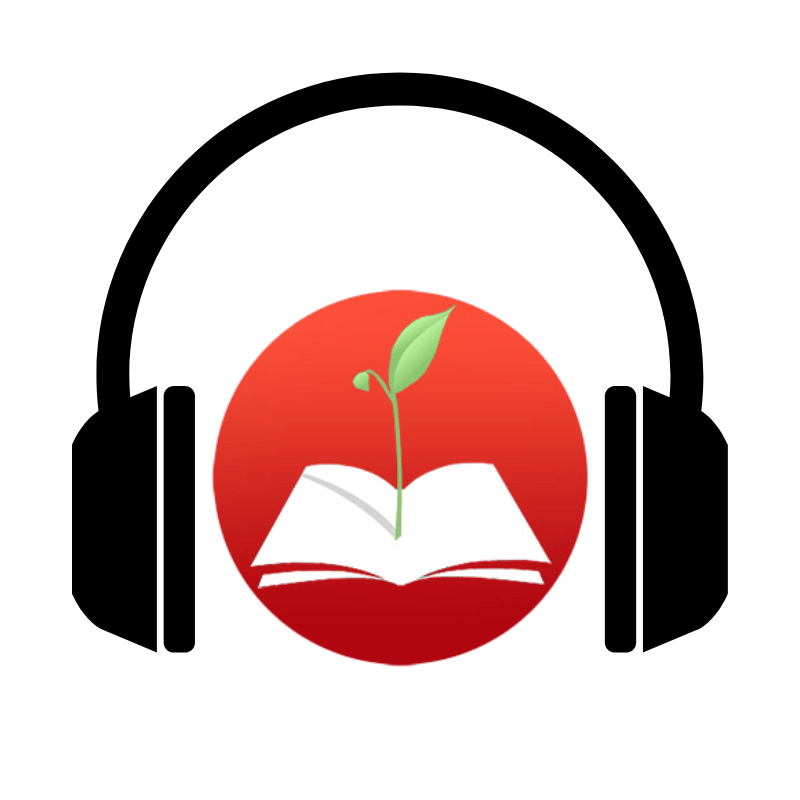The Children’s Book Review on How can you encourage language development and literacy in your child through baking?
Baking with your kids is a delightful and enriching experience that not only fills your home with the heavenly aroma of freshly baked goodies but also serves as a joyous journey into literacy and language development.
As you whip up scrumptious treats together, the kitchen becomes a hub of laughter and learning. Whether you’re following a cherished family recipe from a cookbook, exploring online recipes, or even embracing the magic of a bread-making machine, the possibilities are as endless as the sweet memories you’ll create. (A quick shoutout to Zojirushi for gifting us an incredible breadmaker that we love so much!) The enticing scents wafting through the air provide a sensory-rich backdrop to conversations, questions, and shared experiences, making baking not just a culinary adventure but a heartwarming language-filled affair.
Here are specific ways in which baking can contribute to a child’s literacy skills and language development:
Conversation and Communication:
- Baking provides a natural setting for conversation. While engaged in the activity, children have the opportunity to communicate with you, asking questions, seeking clarification, and discussing the process. This enhances their conversational and communication skills.
Vocabulary Expansion:
- Baking exposes children to a variety of new words related to ingredients, utensils, and cooking techniques, thereby expanding their vocabulary and understanding of language.
Reading and Comprehension:
- Reading recipes together is a practical and enjoyable way for children to practice their reading skills. They learn to decode words, understand meanings, and follow written instructions, improving reading skills and comprehension as children decipher the information to carry out the baking process.
Following Instructions:
- Recipes provide step-by-step instructions that children need to follow. This involves listening to and understanding verbal instructions, which is crucial for language development. Reading recipes helps improve their ability to comprehend and follow directions, learning that certain steps must be performed in a particular order to achieve the desired result.

Sequencing Skills:
- As mentioned above, baking involves a series of steps that must be followed in order. This helps children understand the concept of sequencing, an important skill in literacy. They learn that stories, like recipes, have a beginning, middle, and end.
Narrative Skills:
- Narrative skills involve the capacity to structure information in a logical sequence, use appropriate language, and convey meaning effectively. The sequencing of steps in a recipe creates a narrative structure. Encourage your children to narrate the steps as they follow the recipe to help develop and improve their ability to understand and convey stories in a coherent and organized manner.
Writing Skills:
- Encourage your kids to jot down their own simple recipes or to keep a baking journal. This practice enhances their writing skills as they express their thoughts, describe their experiences, and record the steps involved in the baking process.
Critical Thinking and Problem-Solving:
- Baking often involves making decisions, solving problems, and adapting to unexpected situations (e.g., if an ingredient is missing). Engaging in these activities helps children develop critical thinking skills and problem-solving abilities—these experiences contribute to cognitive development and critical thinking.
Expressive Language:
- Baking provides opportunities for children to express themselves verbally. They can describe their preferences, discuss the taste and texture of ingredients, and express their feelings about the baking experience, all of which contribute to the development of expressive language.
Cultural and Social Awareness:
- Baking often involves recipes that are passed down through generations or are tied to specific cultural practices. This can spark conversations about traditions, customs, and cultural practices, promoting cultural awareness and social understanding.

Math Skills:
- Many baking recipes involve measurements and conversions. Kids can practice their math skills by measuring ingredients, understanding fractions, and counting. This hands-on approach makes mathematical concepts more tangible and applicable.
Patience and Focus:
- Baking requires patience and focus, helping children improve their attention span and concentration. These skills are crucial for reading and comprehending longer texts.
Social Interaction:
- Baking can also be a social activity, promoting communication and cooperation. Whether you’re reading the recipe together, discussing the process, or working as a team, these interactions contribute to language development.
Baking with kids offers a rich environment for language development. The combination of verbal communication, reading, writing, and critical thinking involved in the baking process contributes to their overall literacy skills and language proficiency in a fun and interactive way. Incorporating literacy skills into everyday activities like baking can make learning simply more engaging and enjoyable. It also provides an opportunity for quality time together while fostering a love for reading, writing, and problem-solving. So what are you waiting for? What will you be baking?
Family and Child-Friendly Cookbook Recommendations:
- Delicious Kids’ Cookbooks For Baked Treats to Eat Now
- 10 Yummy Cookbooks For Kids, Young Chefs, and Parents
- Breadmaker Recipes by Zojirushi


